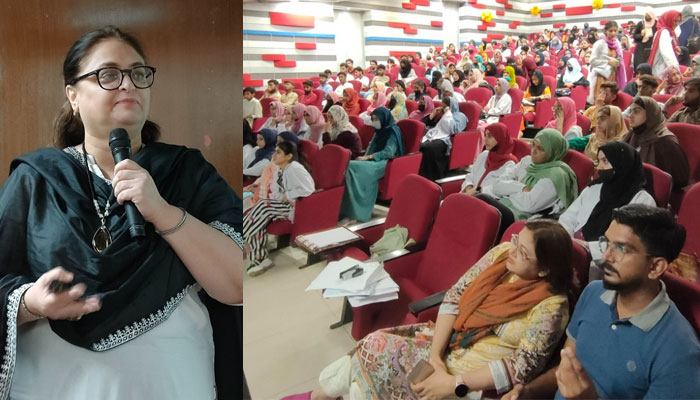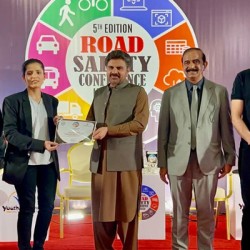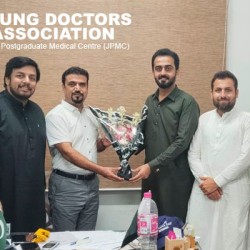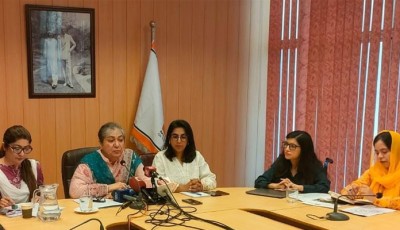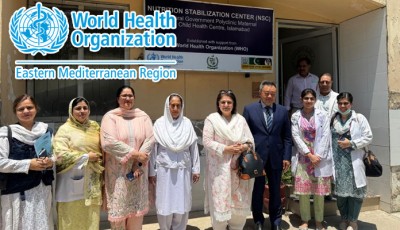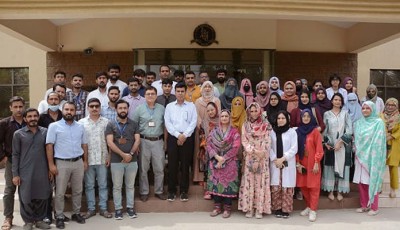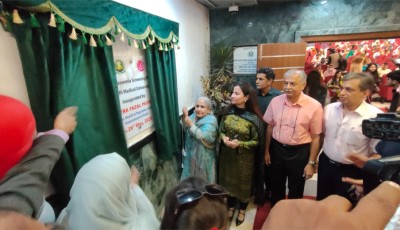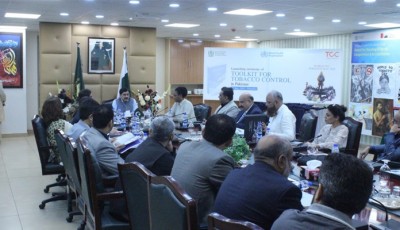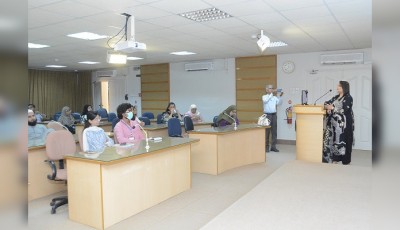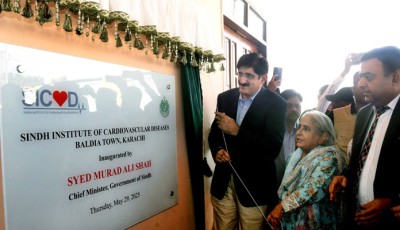KARACHI: Over 700 faculty members, students, and staff of Jinnah Sindh Medical University (JSMU) participated in a transformative 3-day Media Literacy Seminar Series, aimed at strengthening critical thinking skills, combating misinformation, and promoting interfaith harmony within academic and healthcare settings.
The Higher Education Commission (HEC)-mandated program was organized by the Office of Communications at JSMU and featured dedicated sessions tailored for faculty, students, and administrative personnel. The sessions were conducted by Ms. Lubna Jerar Naqvi, a renowned journalist, media trainer, and certified member of the Poynter Institute’s International Fact-Checking Network (IFCN). Through interactive training modules, participants learned to identify fake news, verify digital content, recognize media bias, and responsibly engage with information in both traditional and digital spaces.
Speaking at the event, Professor Amjad Siraj Memon, Vice Chancellor of JSMU, emphasized the vital role of media literacy in medical education: “In an era of information overload, our medical professionals must be equipped to discern truth from falsehood. This initiative aligns with JSMU’s vision of academic excellence, ethical practice, and social responsibility.”
Ms. Asfiya Aziz, Additional Director of Communications at JSMU and lead organizer of the seminar, underscored the program’s strategic impact: “By embedding media literacy into our academic culture, we are ensuring that tomorrow’s healthcare leaders are not only clinically competent but also conscious, responsible consumers and disseminators of information.”
The seminar also promoted values of tolerance, coexistence, and mutual respect through discussions on interfaith harmony reinforcing JSMU’s inclusive academic environment and social commitment.
This initiative sets a strong precedent for other institutions, offering a replicable model that integrates media literacy into higher education to build a more informed, ethical, and resilient society.
